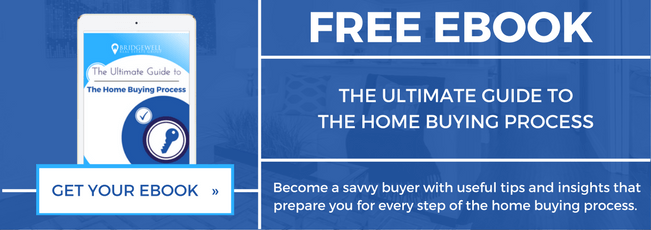Property Disclosure Statement (PDS) Form BC
The Importance of the PDS
If you’re thinking of purchasing a property in the near future then you’ve most likely heard the words ‘Property Disclosure Statement.’ This blog post focuses on the property disclosure statement (PDS) Form in BC, what it is, why it’s important, and frequently asked questions regarding the PDS.
What is a property disclosure statement?
A property condition disclosure statement, (PCDS) also known simply as the property disclosure statement, (PDS) is a document disclosing what the Seller knows about their property. There are several versions of the document depending on what type of property you are purchasing, such as a strata property or a single family home.
The seller is asked a series of questions in which they are to answer to the best of their knowledge in order to give a potential Buyer a guideline about the condition and history of the property.
The property disclosure statement asks questions such as whether the building has had damage due to wind, fire, or water, or insect infestations, structural issues, and unrepaired damage. Other important questions on the property disclosure statement are if the property has ever been or is a marijuana grow-op or manufacture of illegal substances, and if there are any material latent defects related to the property.
A strata condo version will ask condo specific questions such as parking stall numbers, locker numbers, and questions regarding the building and complex in which the unit resides.
Is the property disclosure statement a typical subject?
Yes. Subject to receiving and approving the property disclosure statement is a typical subject in real estate.
For strata properties, it is typically worded in the following way:
Subject to the Buyer on or before [insert date] obtaining and approving a Property Disclosure Statement – Strata Title Properties, with respect to information that reasonably may adversely affect the use or value of the strata lot, including any bylaw, item of repair or maintenance, special levy, judgment or other liability, whether actual or potential. This condition is for the sole benefit of the Buyer. If approved such statement will be incorporated into and form part of this contract.
For single family properties, it is typically worded in the following way:
Subject to the Buyer on or before [insert date] obtaining and approving a Property Disclosure Statement with respect to information that reasonably may adversely affect the use or value of the subject property, whether actual or potential. This condition is for the sole benefit of the Buyer. If approved such statement will be incorporated into and form part of this contract.
Don’t forget to incorporate the PDS in to the contract.
It is extremely important to make sure that the buyer’s agent ALWAYS incorporates the property disclosure statement in to the contract so that the seller is liable, by contract, for the truth of his or her answers.
The property disclosure statement is almost always a subject that is required to be reviewed, and subsequently removed upon approval, in order for the deal to become “firm” and the deposit due. However, we have experienced some agents forgetting to add that “if removed, the property disclosure statement will be incorporated and form a part of this contract.”
Why should buyers get a copy of the property disclosure statement?
The PDS is important for buyers to retrieve from the sellers so that they can receive as much information as possible about a property in order to make an informed decision. It was brought in to BC to allow Sellers to disclose defects they may be aware of with their properties. A property disclosure statement, when incorporated in and formed part of the Contract of Purchase and Sale, may help to provide a Buyer legal protection if they can prove that the Seller did not disclose all known issues with regards to the property.
Are sellers required to fill out the property disclosure statement?
No, sellers are not required to fill out the property disclosure statement. However, if you find an owner occupied property and the seller is not willing to provide a property disclosure statement then proceed with caution! They may not want to fill out the PDS because they do not want to disclose a major issue with the property.
With that being said, if the property on the other hand is tenanted then the Seller will not fill out the property disclosure statement, as they are not fully aware of the condition and history of the property. Ultimately, the Sellers will do this because they have never lived in the property or have not lived in it for a considerable amount of time and therefore do not know enough about the condition of the property to legally comment.
Should I rely on a property disclosure statement?
NO – You should not rely on the property disclosure statement and I cannot stress this point enough! While the property disclosure statement is a great start in learning the history of the property, it is exactly that – a start. Sellers very often have limited knowledge on the condition of their property and cannot be relied upon to give complete or accurate information. To gain full reliable knowledge on a property you will always want to hire a professional property inspector to provide you with an inspection report on the home you are looking to purchase.
—
Have any questions about a property disclosure statement? Never seen one and would like a draft copy sent to you? Looking in to homes right now and having to review property disclosure statement’s without proper counsel? Give us a call or text at 604-765-0376 and we will help you out with any PDS related issues and FAQ’s. Email [email protected] to start a conversation.



